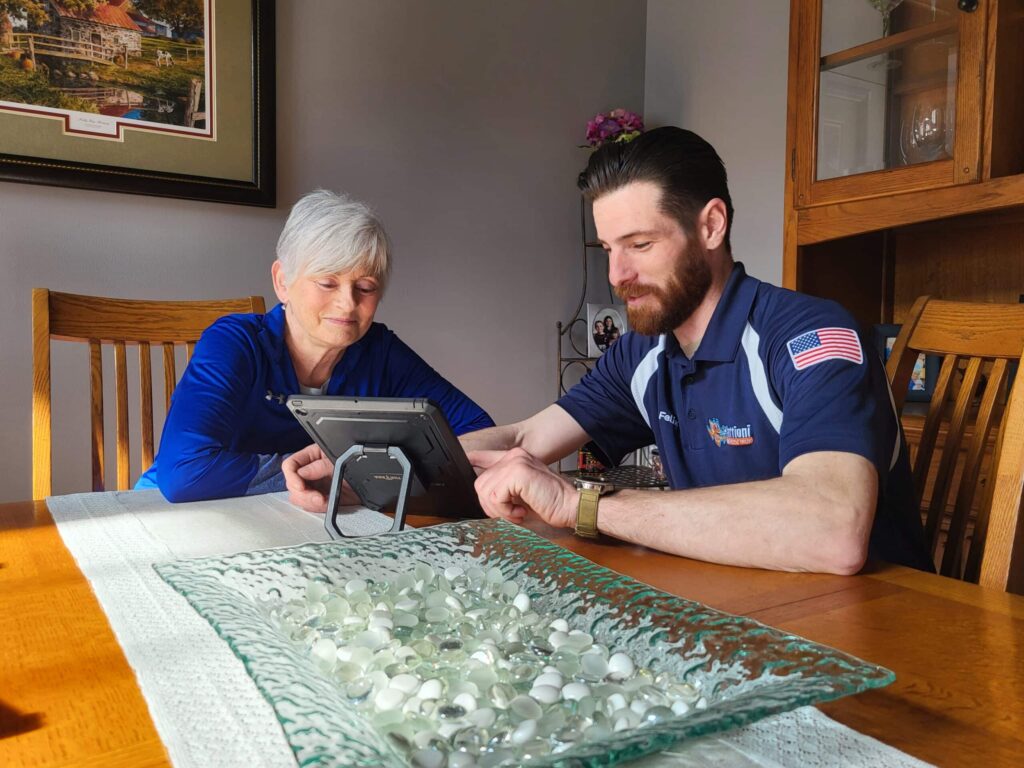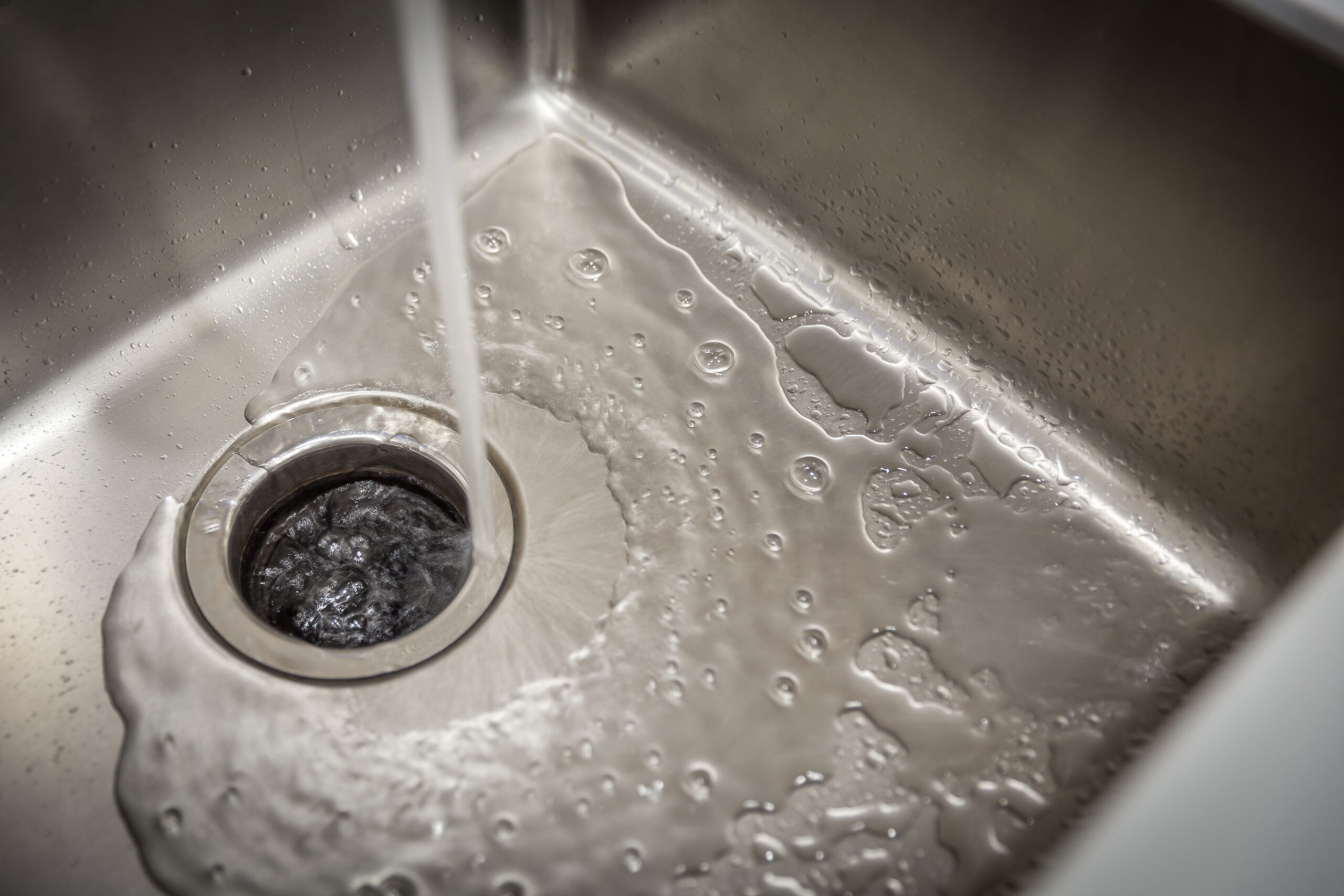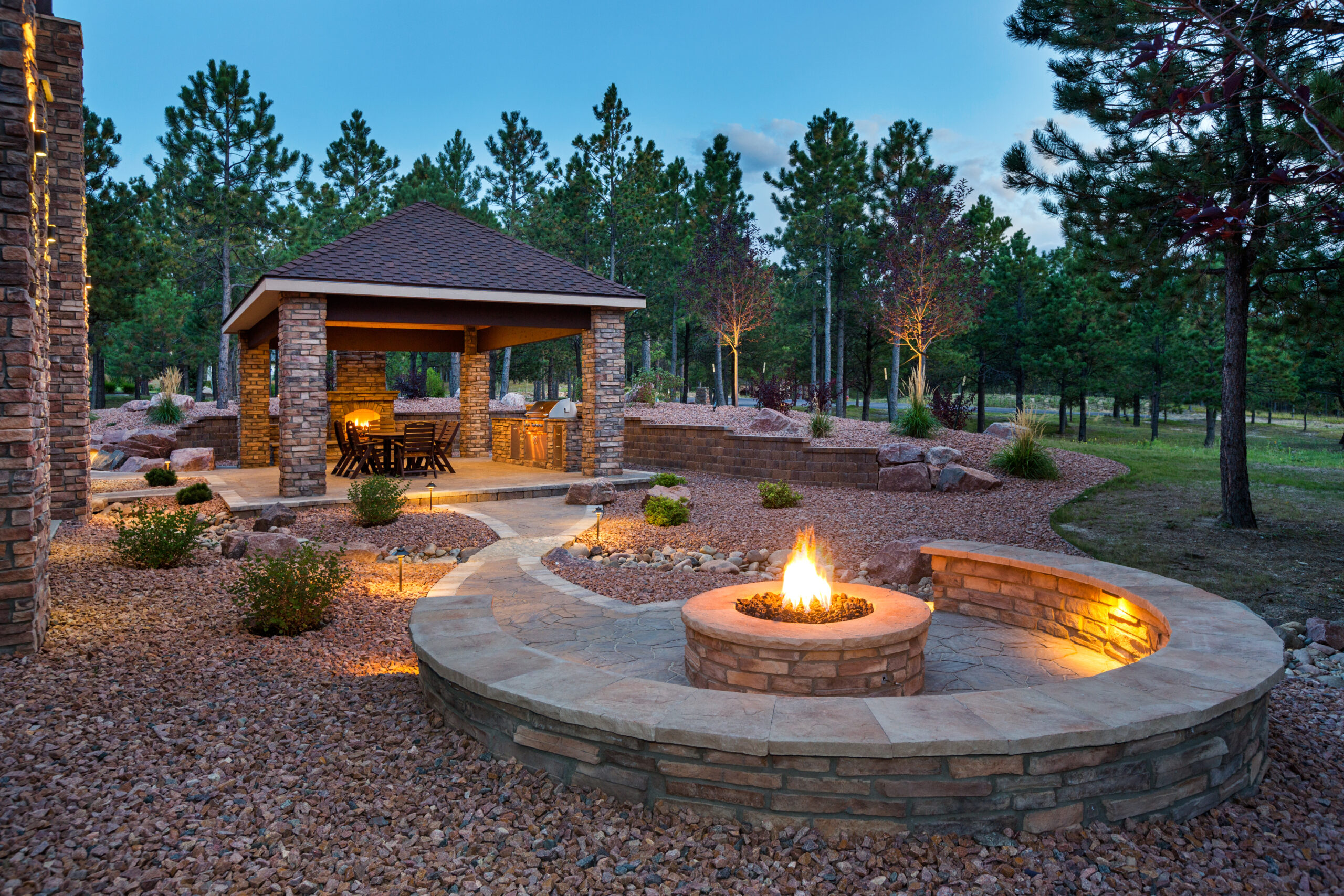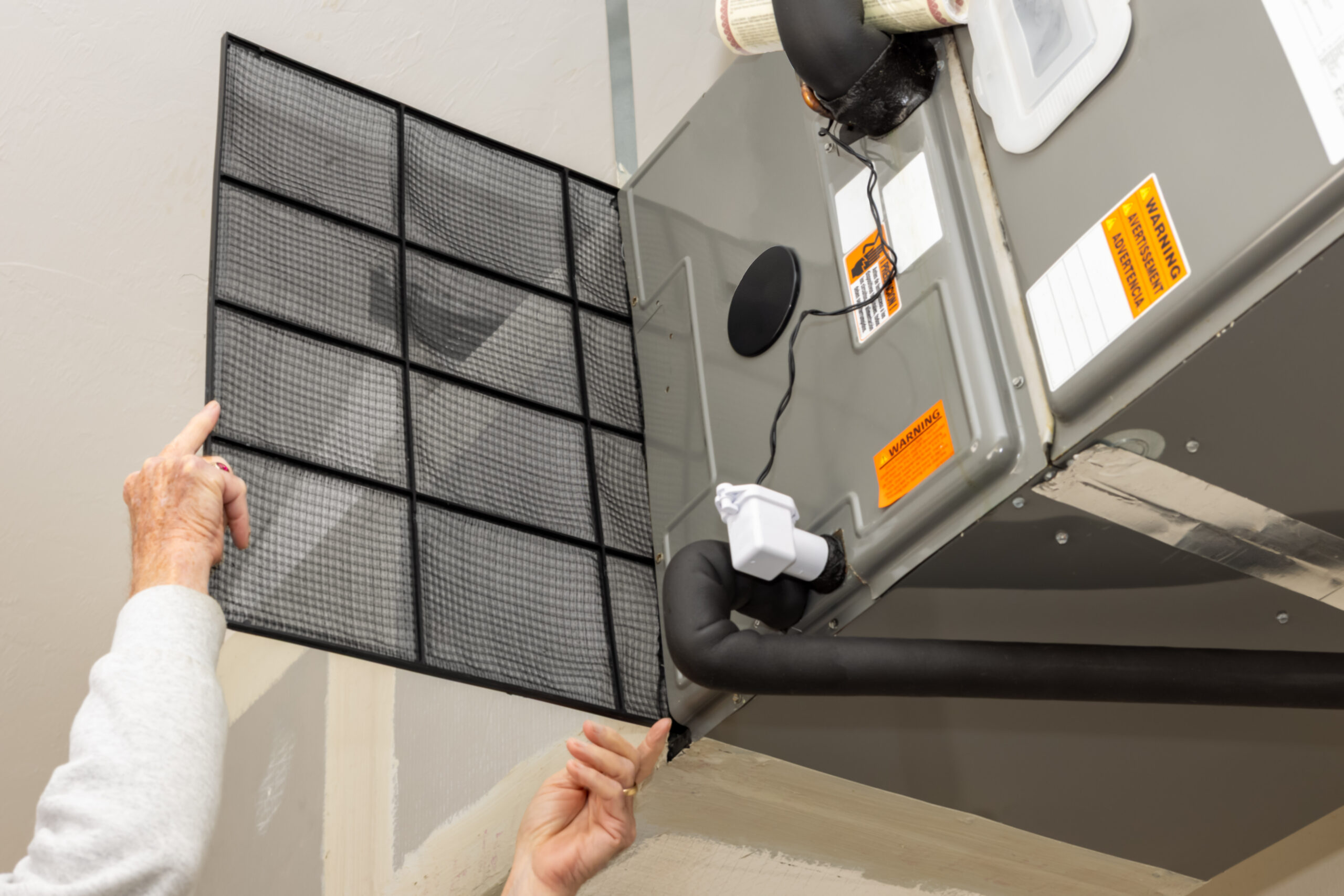|
Getting your Trinity Audio player ready...
|
Last Revised: 11/8/24
Is your home’s heating system ready to handle freezing winter temperatures? If your boiler is over 15 years old, then you’re probably wondering if you should be evaluating replacement options.
Propane and natural gas are two excellent energy-efficient options to fuel your new boiler through the coldest months of the year. However, there are some differences between the two, making for a potentially confusing process.
We’re here to help simplify it.
Your boiler replacement search should focus on finding a balance between performance, efficiency, and up-front installation cost that works for you. At Mattioni, our heating experts understand how certain systems might be a better fit than others, depending on the unique qualities of your home as well as your priorities.
In this article, we’ll share the differences between propane and natural gas boilers, highlighting the pros and cons of each. We’ll guide you through the essential factors to look for in selecting the perfect boiler for you
After reading this, you’ll have a clear understanding of how both propane and natural gas boilers are suited to serve your home’s heating needs.
Pros of Propane Boilers: Clean, Accessible, Dependable
1. Propane Burns Cleaner than Natural Gas
Propane is known for burning cleaner relative to other fuels, including natural gas. It produces fewer emissions, making it attractive for homeowners interested in reducing their carbon footprint without sacrificing heating quality.
Additionally, propane is non-toxic and won’t harm soil or water if leaked and poses fewer potential safety hazards.
2. Propane has Widespread Availability
Propane is available by delivery from an energy company in most parts of the US. This is an essential advantage for those living in rural and remote areas where natural gas pipelines don’t reach.
Because propane is delivered, it provides flexibility for homeowners who are off the natural gas grid.
3. Dependable Heating Performance
Propane boilers provide reliable performance and deliver consistent heat output that can keep up with your thermostat’s setting even in extremely cold weather. Although it isn’t as efficient as natural gas, it is still able to create sustained heating compared to some other heating systems.
This reliability is especially valuable in regions with harsh winters and gives you peace of mind that you’ll stay warm no matter the weather.

Cons of Propane Boilers: Higher Operational Costs & Storage Needs
1. Higher Cost of Fuel
While propane is only slightly less efficient than natural gas, it’s usually more expensive per unit than natural gas. Its prices also fluctuate more, spiking during the winter, when you’ll need it most. This has the potential to make operational costs of a propane boiler much higher than with natural gas.
If you install a propane furnace, be sure to schedule deliveries several months before winter to avoid additional costs.
2. Requires a Storage Tank on Your Property
Propane must be stored on your property somewhere, which calls for a tank installation that usually ends up in your basement or yard. If you already have a tank, and are used to it, this may not be a huge drawback. However, switching to a different fuel like natural gas could be an opportunity to remove the eyesore from your property.
If you’re tired of the maintenance needed to upkeep your storage tank, switching to natural gas (which doesn’t require storage) is a viable alternative.
3. Dependence on Deliveries
Propane deliveries, while typically reliable, may be affected by severe weather, holidays, or unexpected demand surges. This could force you to wait to re-stock on fuel, potentially causing a gap in heating during cold weather.
Of course, there are ways to overcome this, like setting up automatic deliveries for convenient times.

Pros of Natural Gas Boilers: Highest Energy Efficiency & Direct Access
1. Greater Efficiency Yields Long-Term Savings
Natural gas is the most energy efficient fuel for your boiler, which translates into long-term cost savings as less fuel is used to achieve your thermostat temperature.
Over time, the fuel efficiency of natural gas boilers can lead to significant savings on energy bills, especially for homeowners in older climates.
3. Direct and Constant Supply of Fuel
Natural gas is delivered directly to your home via pipelines, offering a constant and uninterrupted fuel supply. This eliminates the need for an on-site storage tank and any concerns about running out of fuel during high-demand periods.
The steady supply makes natural gas boilers convenient for homeowners looking for low-maintenance heating solutions.
3. Increasing Availability in Urban and Suburban Areas
As more and more homeowners opt in to natural gas, the infrastructure needed to facilitate it continues to expand. Energy companies are increasing their investments in urban and suburban areas, making it accessible to more homes than ever before.
If you don’t have access now, and you live in a densely populated area, you may have access soon.
Cons of Natural Gas Boilers: Conversion Costs & Limited Access
1. Higher Installation Cost if Converting from Another Fuel Source
Converting from propane or oil to a natural gas system often requires additional upfront costs that could be significant. The conversion process may involve modifying existing infrastructure, obtaining permits to dig in your yard and/or street, and installing new components.
Take a measured approach in how you view the upfront installation costs and long-term energy savings that come with a natural gas boiler.
2. Most Urban Areas don’t Have Access
Despite ongoing expansion in urban and suburban areas, natural gas pipelines are still unavailable in many rural regions. This lack of infrastructure takes the option off the table for many homeowners in these areas.
For rural homes, propane is the feasible alternative for efficient and environmentally friendly home heating.
3. Potential for Safety & Environmental Risks
While it’s typically safe, there are some potential risks that come with natural gas heating systems.
Since it’s colorless and odorless, natural gas can pose a safety hazard if there’s a leak. A properly functioning carbon monoxide detector can help to alert you of a gas leak in your home immediately.
Also, methane leaks can potentially occur during the extraction process of natural gas which directly damages the environment. Although it’s not often mentioned when talking about natural gas, methane can damage the Earth’s atmosphere and contribute to climate change and global warming.

Propane or Natural Gas: Which Fuel is Right for Your Home’s Boiler?
As you can see, both propane and natural gas boilers offer dependable and energy-efficient heating solutions, each with its own strengths and weaknesses. Choosing the option that best suits your needs will depend on your location, lifestyle, and heating priorities.
Natural gas offers a convenient, low-maintenance, and often more affordable heating source, and is a solid choice for homeowners looking for long-term savings and ease of use. However, it requires that your home has access to a public pipeline, so if you live in a rural area then propane may be the more practical option.
Propane’s clean-burning and ability to perform well in remote locations make it an environmentally friendly and adaptable choice or those without access to natural gas.
Still weighing your options? Take the next steps in your boiler replacement process and contact the professionals at Mattioni Plumbing, Heating & Cooling. With over 76 years of HVAC experience, our team can help you navigate the benefits of each system and guide you toward the best heating solution for your home.
Call us at (610) 400-8510 or schedule your consultation online today.




